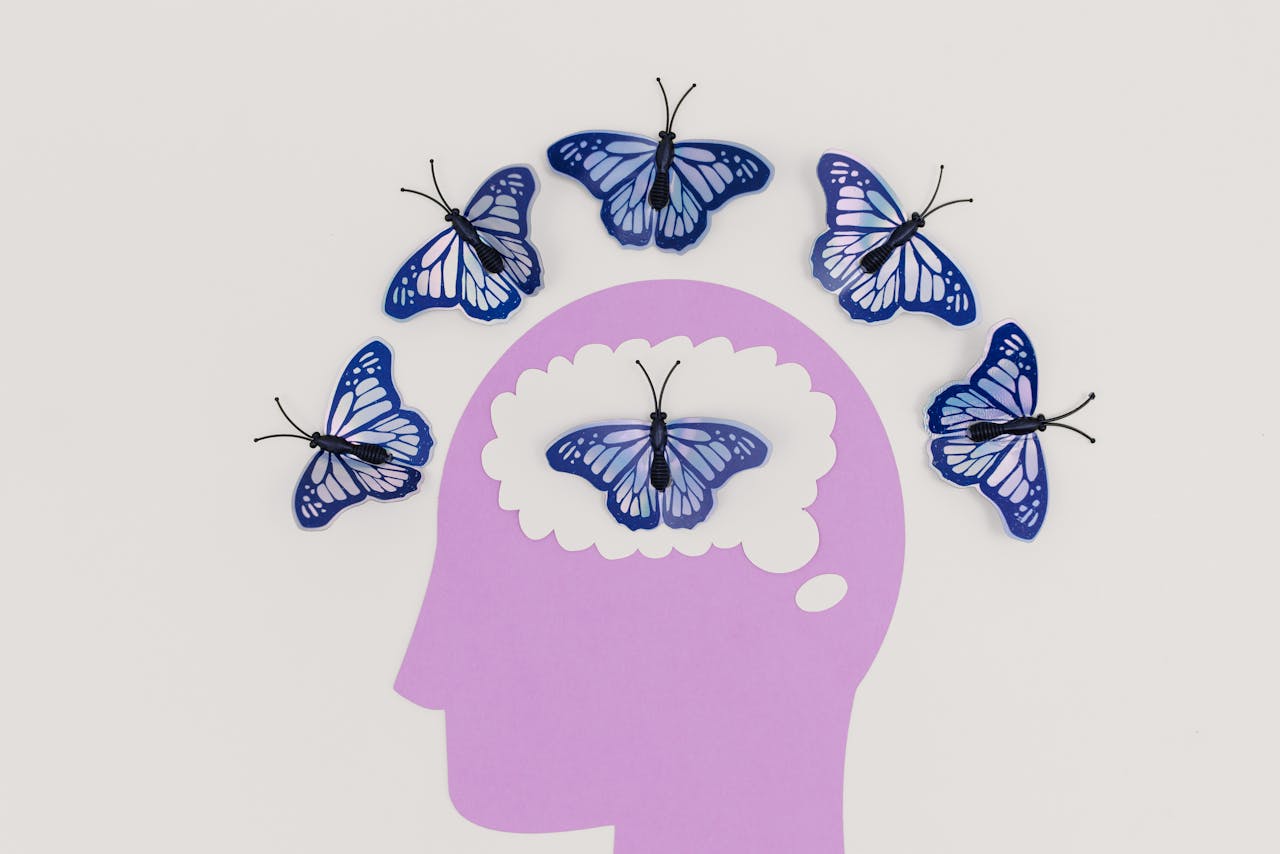Mental Fitness Hacks: Creative Ways for Business Leaders to Stay Balanced Every Day
Did you know that 1 in 5 adults experience mental health issues each year? In 2021, among the 57.8 million adults with any mental illness (AMI), over half did not receive the mental health services they needed??. It’s heartbreaking to think so many struggle alone.
As a business leader or entrepreneur, you are no stranger to the pressures and demands of your role. If you also find yourself hustling or depressed in everyday life, particularly if you are dwelling in NYC, know that there is hope. This article explores fun and creative ways to stay mentally fit, helping you maintain a healthy balance and find joy in everyday life.
By considering these simple practices, you can reclaim your peace and thrive despite life’s challenges.
Seek Professional Help
When anxiety or stress becomes too much to handle on your own, seeking professional help is a way. An interview with a top anxiety therapist nyc revealed that feeling anxious is a normal part of life, keeping us aware of potential dangers. However, when it becomes overwhelming, connecting with therapists can provide the support you need.
A professional provides a safe space to talk, teaches coping strategies, and guides you through techniques like cognitive-behavioral therapy (CBT). They offer support, help identify triggers, and create personalized plans to manage and reduce anxiety effectively.
Remember, seeking help is a sign of strength, not weakness. It’s an important step towards improving your mental health.
Social Detoxification
Another best way is social detoxification. The truth is we live in a world dominated by social media. While it connects us, it can also overwhelm us. Social detoxification means taking a break from these platforms to focus on real-life interactions.
Start by setting limits on your screen time. Replace scrolling with activities like reading or walking. Create boundaries around work-related social media use and prioritize in-person networking and relationship-building.
A colleague once went on a social media detox for a month. She discovered new hobbies and felt more present in her daily life. It’s amazing how freeing it can be to step away from the virtual world.
Avoid Procrastination
The truth is that procrastination is a short-term pleasure that causes long-term stress. It is a very common habit that adds unnecessary burdens. The only way to undo the mental load is to make the priority task a priority. Start by prioritizing your tasks. Identify what needs immediate attention and what can wait.
Break tasks into smaller, manageable steps to make them less daunting. Use tools like planners or apps to stay organized. A to-do list can work wonders.
Consider the impact of procrastination on your business goals. As a business leader with a major project, you can break it into daily tasks, reducing stress and enhancing productivity. This approach reduces stress and makes the project more enjoyable. Completing tasks on time brings a sense of accomplishment, boosting your overall mood.
Mindful Origami
You know? It’s a Japanese-inspired art. Origami—the art of paper folding—is not only creative but also calming. It requires focus and patience, making it a great mindfulness activity.
Start with simple designs like a paper crane or a flower. As you fold, pay attention to each crease and fold. This practice keeps your mind engaged and helps you stay in the present moment.
Many business leaders find peace in the repetitive motions of origami. It’s a soothing activity that can be done in between meetings or during breaks, providing a mental break from daily stressors. Plus, you end up with beautiful creations to admire or gift.
Start Journaling
Journaling is a simple yet powerful tool for mental fitness. Writing down your thoughts and feelings can help you process emotions and gain clarity. It’s a private space to express yourself without judgment.
For business leaders, journaling can also be a strategic tool. Documenting your thoughts on business challenges, brainstorming ideas, and reflecting on leadership decisions can provide valuable insights and guide you in managing stress and anxiety.
Set aside a few minutes each day to write in your journal. You can jot down anything—your worries, achievements, or random thoughts. Over time, you’ll notice patterns and insights that can guide you in managing stress and anxiety.
Conclusion
Staying mentally fit requires regular practice, just like physical fitness. The methods discussed – anxiety therapy, social detoxification, avoiding procrastination, mindful origami, dance therapy, and forest bathing – offer diverse ways to nurture your mind.
Try adding these activities to your routine. Find what works best for you. Remember, mental health is an ongoing journey. Taking small steps each day can lead to significant improvements.





 The
The